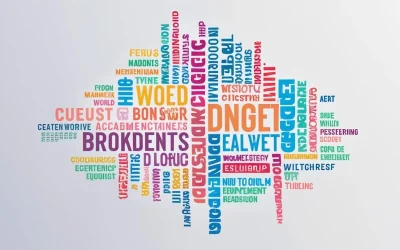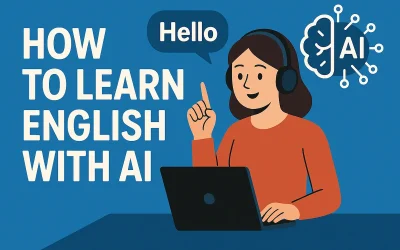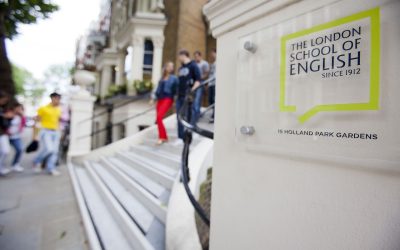Future Perfect Form
The future perfect is composed of two elements
the simple future of the verb “to have” (will have) + the past participle of the main verb
| Subject | + will have | + past participle of the main verb |
|---|---|---|
| He | will have | finished. |
| I | will have | finished. |
What is your English level?
Find out your A1 A2 B1 B2 C1 C2 level of English with our online test and receive your English certificate.
To arrive, future perfect tense
| Affirmative | Negative | Interrogative | Negative interrogative |
|---|---|---|---|
| I will have arrived | I won’t have arrived | Will I have arrived? | Won’t I have arrived? |
| You will have arrived | You won’t have arrived | Will you have arrived? | Won’t you have arrived? |
| He will have arrived | He won’t have arrived | Will he have arrived? | Won’t he have arrived? |
| We will have arrived | We won’t have arrived | Will we have arrived? | Won’t we have arrived? |
| They will have arrived | They won’t have arrived | Will they have arrived? | Won’t they have arrived? |
Function of Future Perfect
The future perfect tense refers to a completed action in the future. When we use this tense we are projecting ourselves forward into the future and looking back at an action that will be completed some time later than now. It is most often used with a time expression.
Examples
- I will have been here for six months on June 23rd.
- By the time you read this I will have left.
- You will have finished your report by this time next week.
- Won’t they have arrived by 5:00?
- Will you have eaten when I pick you up?
Are you C1 Advanced English?
Get your C1 Advanced English certificate now!
✓ Add your certificate to your resume
⭐ ⭐ ⭐ ⭐ ⭐
I am Nilay, an experienced English Language Assessment Director at the International English Test, where I have been working full-time since February 2020. I specialize in helping people worldwide validate their English proficiency through comprehensive assessments and certifications.
Before joining the International English Test, I worked as a self-employed English Language Assessment Consultant from January 2015 to December 2019. During this time, I assisted companies and individuals in improving their language skills, helping them achieve their academic and professional goals.
I hold a degree in Engineering and have also studied at Shafston International College in Australia. My educational background has equipped me with the tools to make a meaningful impact in the field of English language learning. Additionally, I enjoy sharing my expertise through articles that explore effective teaching methods and language assessment strategies, contributing to the International English Test and the broader assessment community.





